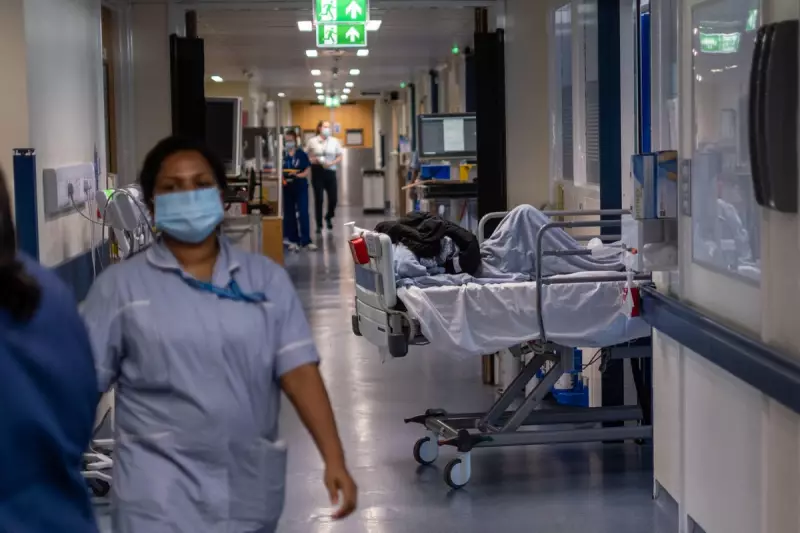
Britain's National Health Service is facing an unprecedented emergency care crisis that's putting patients' lives in serious danger, according to alarming new evidence. Disturbing reports are emerging of individuals experiencing mini-strokes being forced to wait up to twelve hours for urgent medical attention in A&E departments across England.
The Human Cost of Waiting
One particularly harrowing case involves a patient who suffered a transient ischaemic attack (TIA), commonly known as a mini-stroke, only to be left waiting for half a day in an emergency department. Medical experts universally agree that TIAs require immediate assessment and treatment, as they often serve as critical warning signs for major, potentially fatal strokes.
Shadow Health Secretary Wes Streeting has voiced grave concerns, highlighting that these excessive delays represent more than just statistics - they're creating "really dangerous situations" for vulnerable patients. The traditional four-hour target for A&E admissions has become a distant memory in many hospitals, with some patients now facing wait times three times longer than the established safety standard.
A System Under Siege
The crisis extends far beyond isolated incidents, with NHS performance data revealing a healthcare system buckling under immense pressure. Current figures show that nearly 10% of A&E patients are waiting more than twelve hours to be admitted, transferred, or discharged. This translates to thousands of people every month being subjected to potentially hazardous delays in receiving essential care.
Healthcare professionals are sounding the alarm about the serious clinical risks associated with these extended waiting periods. For conditions like strokes, heart attacks, and other time-sensitive medical emergencies, delays of even a few hours can mean the difference between full recovery and permanent disability - or worse.
Political Response and Future Directions
Wes Streeting has been particularly vocal about the Labour Party's proposed solutions, emphasising that the situation demands more than just temporary fixes. The opposition is calling for fundamental reforms aimed at addressing both immediate crises and long-term sustainability challenges facing the health service.
The Department of Health and Social Care has acknowledged the pressures on emergency services while pointing to additional funding and the ongoing NHS Long Term Plan as evidence of their commitment to improvement. However, frontline staff and patient advocacy groups argue that the current pace of change is insufficient to address the scale of the emergency.
Broader Implications for Patient Safety
This crisis in emergency care has ripple effects throughout the entire healthcare system. Extended A&E waits lead to ambulance handover delays, which in turn result in slower emergency response times for communities. The bottlenecks created in hospital emergency departments ultimately affect every aspect of patient care, from routine appointments to elective surgeries.
Medical professionals emphasise that the solution requires a multi-faceted approach, including better social care provision, enhanced community health services, and significant investment in primary care to prevent conditions from escalating to emergency situations.
As Britain grapples with an ageing population and increasing complex health needs, the future of emergency care remains one of the most pressing challenges facing the NHS and policymakers alike.





